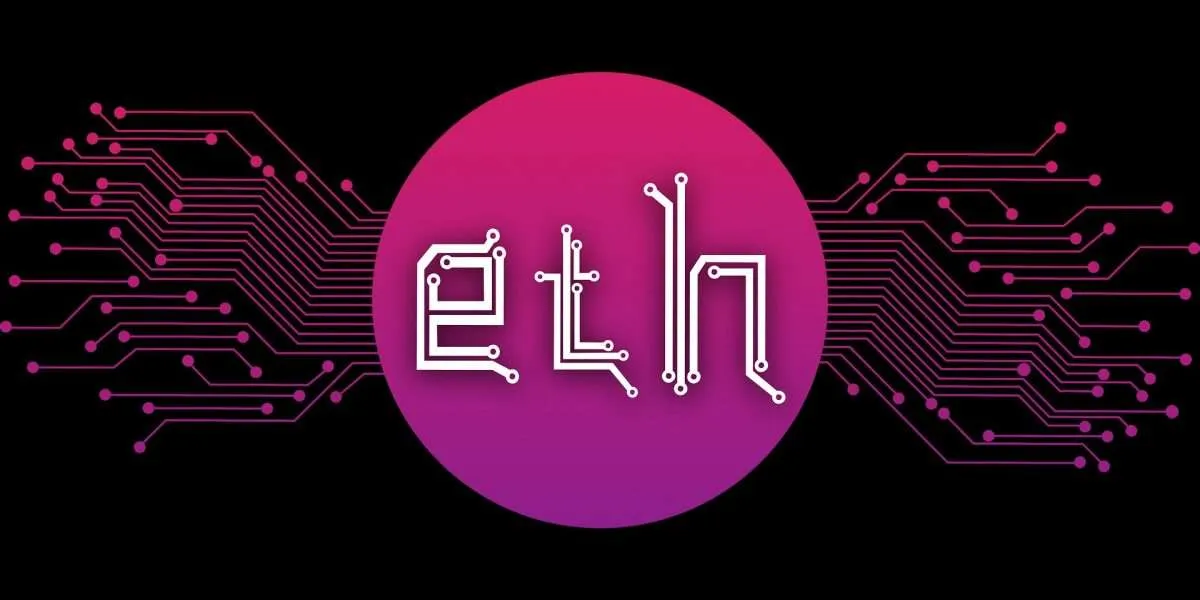- The cancer research team leveraged Ethereum-based smart contracts to update AI models that accurately predict the emergence of cancerous cells in the body.
- The research team used the swarm learning system wherein all partners updated their AI models simultaneously without needing any intermediary.
We have been seeing the use of blockchain technology for several industrial applications. Now, a team of medical researchers is leveraging the Ethereum blockchain network for cancer research.
As per the latest development, three different teams involved in cancer research are using Ethereum smart contracts to update their AI models without passing them through any centralized authority. These teams rely on these AI models to accurately predict the emergence of cancerous cells in the body. This shows that Ethereum’s smart contract technology has become enough trustable for critical use cases in medical sciences.
Earlier this year in April, Nature Medicine published a research paper called Swarm learning for decentralized artificial intelligence in cancer histopathology from 27 different contributors. The footnote of the research paper shows that the team has been using the Ethereum network for their experiments with cancer.
As medical sciences and medical technology have been advancing, the team used artificial intelligence (AI) to predict the emergence of cancerous cells in patients. This AI model also gives information regarding the shape and size of sells not easily visible to the naked eye.
Ethereum smart contracts – Addressing the Challenge of Data Sharing
But one catch is that these AI systems run on a large input of data. Thus, these systems face “practical, ethical and legal obstacles” in data gathering as the data is being shared across several countries on the globe.
One method to solve this issue is Federated Learning (FL). this doesn’t require researchers to share their data but only their locally-trained AI model weights. However, such AI systems often rely on a centralized coordinator responsible for combining all model weights together. Thus, the coordinator can have greater control over the research project leading to chances of data exploitation.
As a result, the team of medical researchers pointed out the use of swarm learning (SL), a system that leverages blockchain technology to avoid handing any power to a centralized entity. Thus, SL will allow team contributors to their AI model weights keeping all contributors at the same level. Such a setup also makes collaboration between all participants easier. Thus, it helps to feed the AI models with more data making them even stronger.
The research team specifically mentioned that they used Ethereum smart contracts allowing three separate computers to synchronize their AI model weights at designated times. Thus, all three partners updated their AI models simultaneously without needing any intermediary.
The paper notes, “In this setup, the blockchain maintains the global state information about the model”. The research team also found that AI models trained using SL outperformed locally trained AI models.
This is a breakthrough moment for blockchain technology. It will further propel the use of blockchain-based smart contracts for other critical applications.





